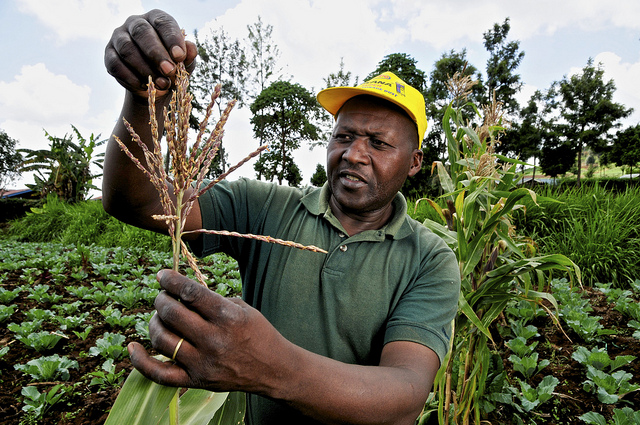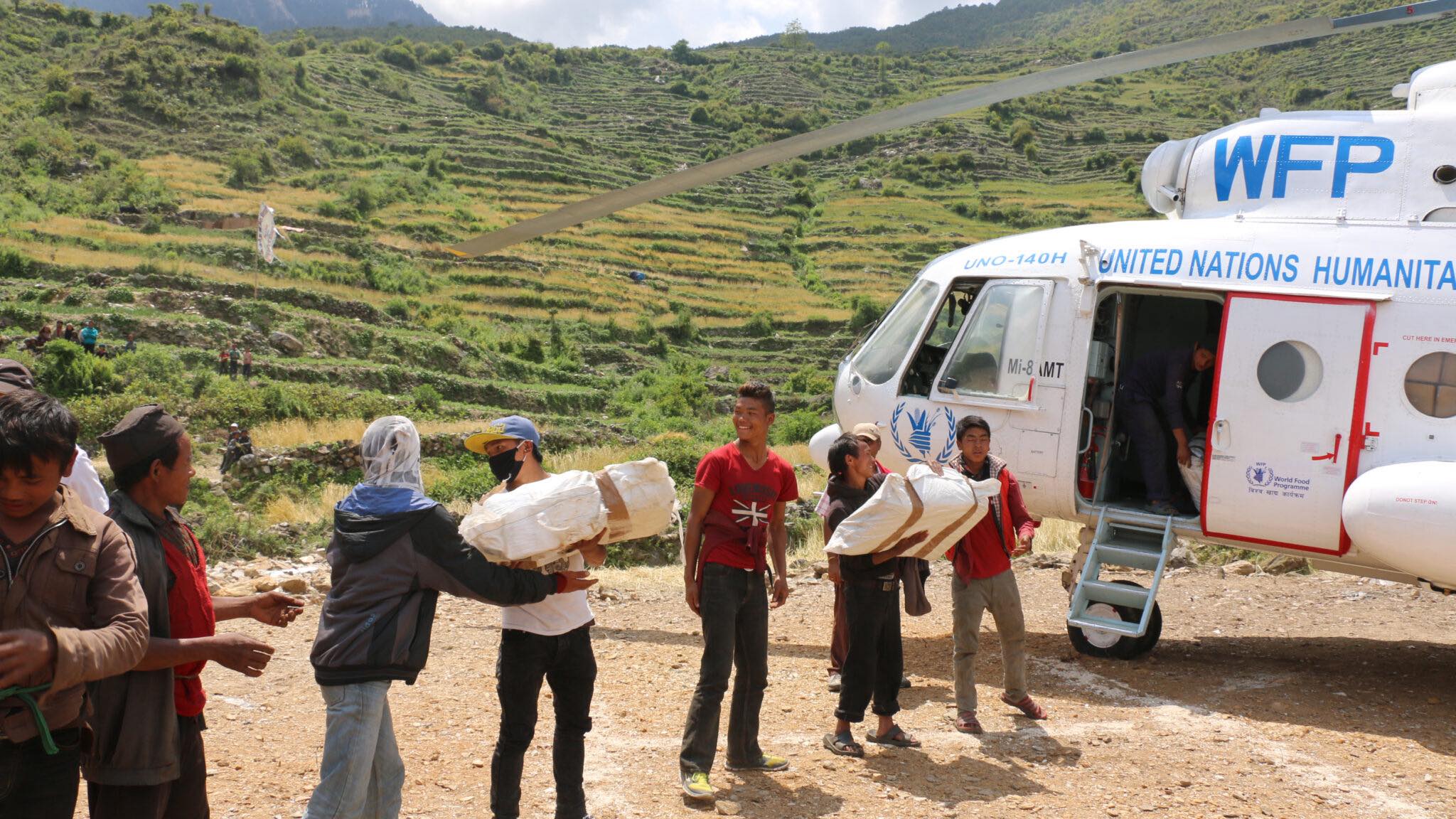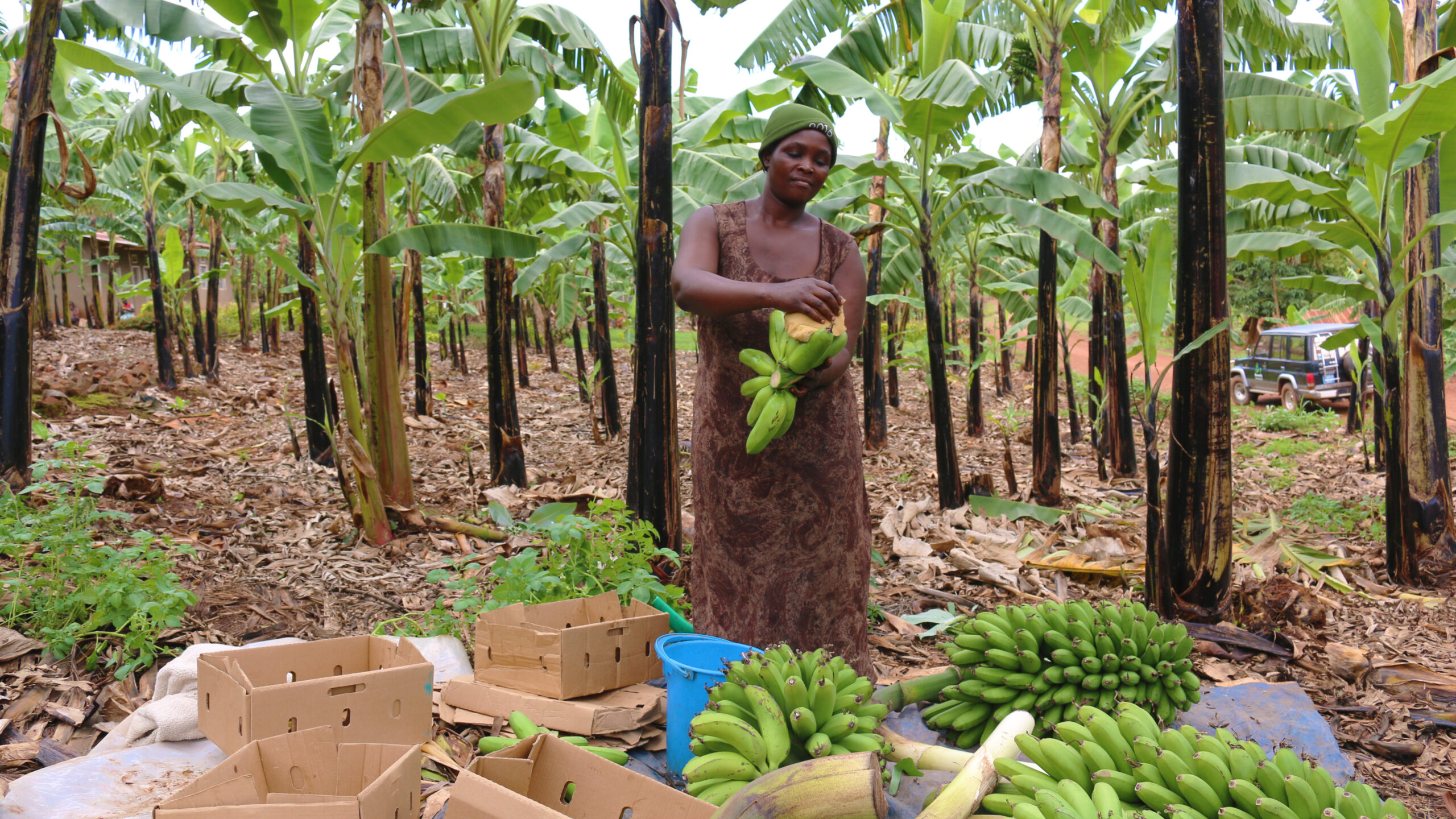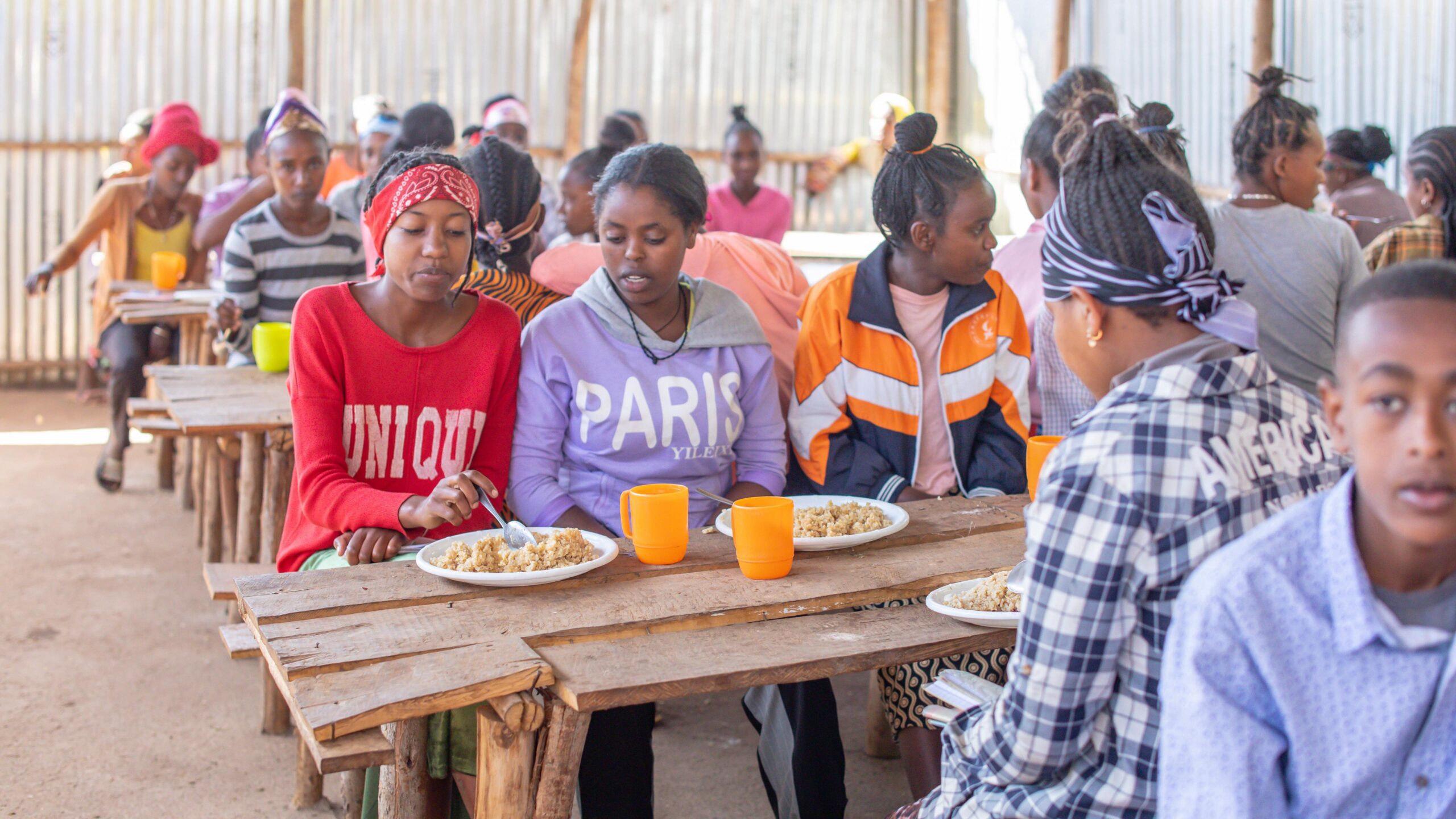Africa south of the Sahara must invest in research and development (R&D) without delay if it wants to reduce poverty and food insecurity and meet the challenges of rapid population growth, climate change, and food price volatility.
So say IFPRI researchers Nienke Beintema and Gert-Jan Stads in their 2013 Global Food Policy Report chapter, “Is Africa Investing Enough?,” which takes stock of recent progress using data collected through IFPRI’s Agricultural Science & Technology Indicators (ASTI) initiative and a network of national partners.
Worldwide investment in agricultural R&D during recent decades has greatly enhanced agricultural productivity, leading to higher incomes, greater food security, better nutrition and, ultimately, economic growth and poverty reduction. The developing world in particular has accelerated its agricultural R&D at a rapid pace since the turn of the millennium.
A number of key initiatives and regional and sub-regional processes in Africa such as Pillar 4 of the Comprehensive Africa Agriculture Development Programme (CAADP) have put agricultural R&D back on the political and donor agenda, and are helping to spur increased agricultural R&D investments in the region.
Although agricultural R&D public spending in the region increased between 2000 and 2011, it was driven mainly by a handful of countries, particularly Nigeria and Uganda, followed by Ghana, Kenya, and Tanzania. Some of the region’s smallest countries have very low, volatile, and often declining long-term levels of investment and human resource capacity, which raises doubts about the effectiveness of their national agricultural R&D efforts.
Still, the tide may be turning. From 2008 to 2011, 23 of the 33 countries for which full time-series data are available increased agricultural R&D spending. However, overall investment levels in most countries are still well below those required to sustain agricultural R&D needs. In 2011, Africa invested just 0.51 percent of agricultural output on agricultural R&D, well below the recommended 1-percent target set by the New Partnership for Africa’s Development (NEPAD) and the United Nations (UN).
One problem is that national research agencies are highly dependent on funding from donors and development banks—funding that has been more unpredictable than government funding during the past decade.
Another challenge is in human resources. Africa requires talented, well-trained, and highly-motivated research staff to generate the high-quality research outputs that are necessary to accelerate growth in the agricultural sector. Though there was a 50-percent increase from 2000-2011 in the total number of researchers, many countries still lack a critical mass of PhD-qualified scientists. Budget restrictions have limited long-term public sector recruitment efforts, thereby resulting in an aging pool of researchers in many countries, particularly those in West Africa. Many African scientists with PhDs, meanwhile, respond by seeking employment opportunities elsewhere, including private-sector positions where the pay is better and university positions abroad where there are advantageous working conditions and improved access to resources and research facilities.
Beintema and Stads noted positive developments within the African R&D sector as well. Some countries in the region have enacted new measures in order to stem staff turnover, such as undertaking large-scale recruitment, boosting the salaries of scientists and research support staff to more competitive levels, and providing improved benefits and promotion opportunities based on merit instead of seniority. New donor-funded capacity-building initiatives that recognize the need to invest in human capital also are emerging.
Although R&D investment is positively associated with high returns, these returns take time—often decades—to fully materialize. Is Africa investing enough? Not if it hopes to confront the myriad of challenges facing its future food security. The time to invest in such solutions is now.







